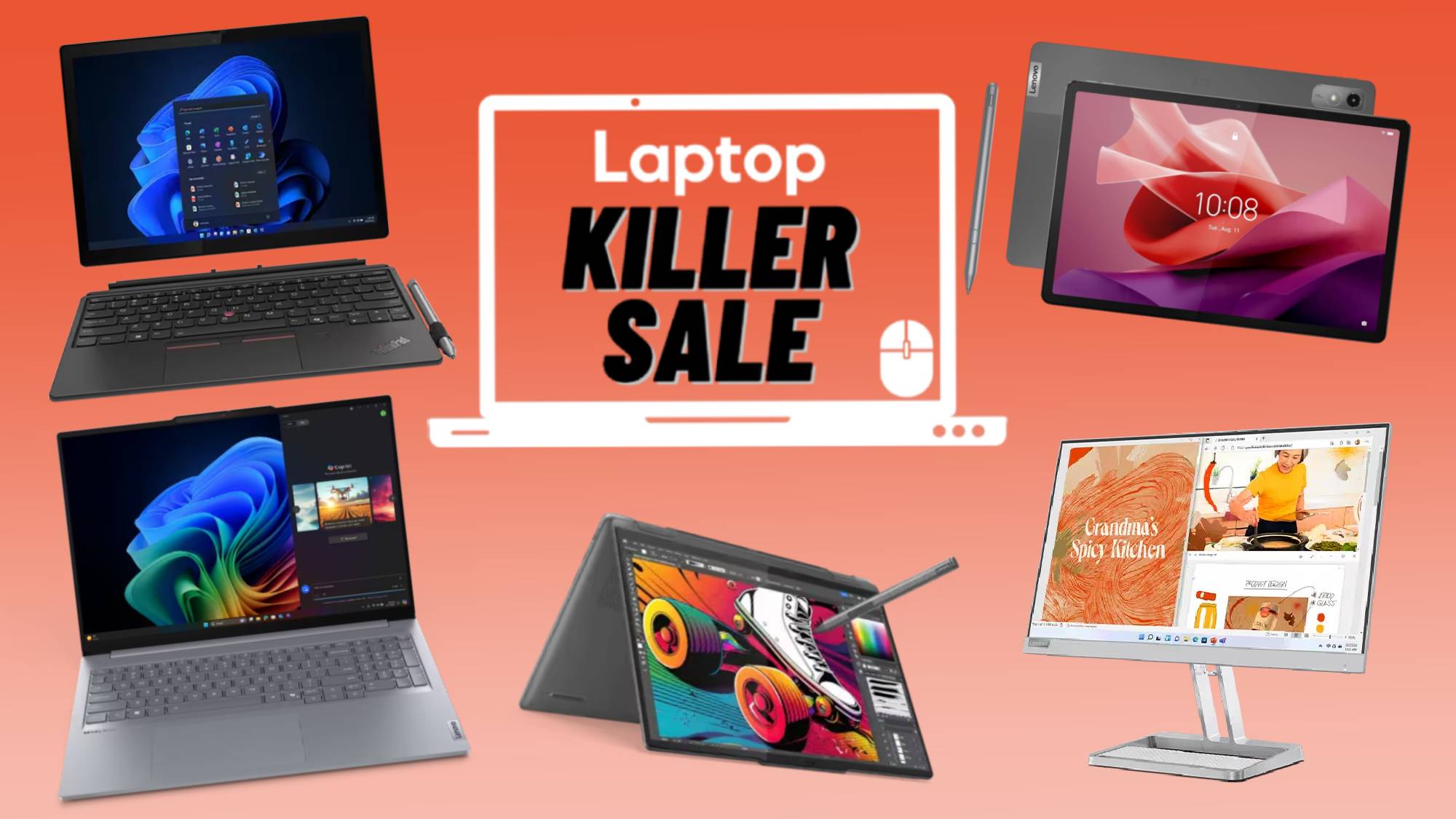Retro Gaming 101: How to make your laptop a retro games dream system
Revisit the games of yesteryear with your laptop or tablet
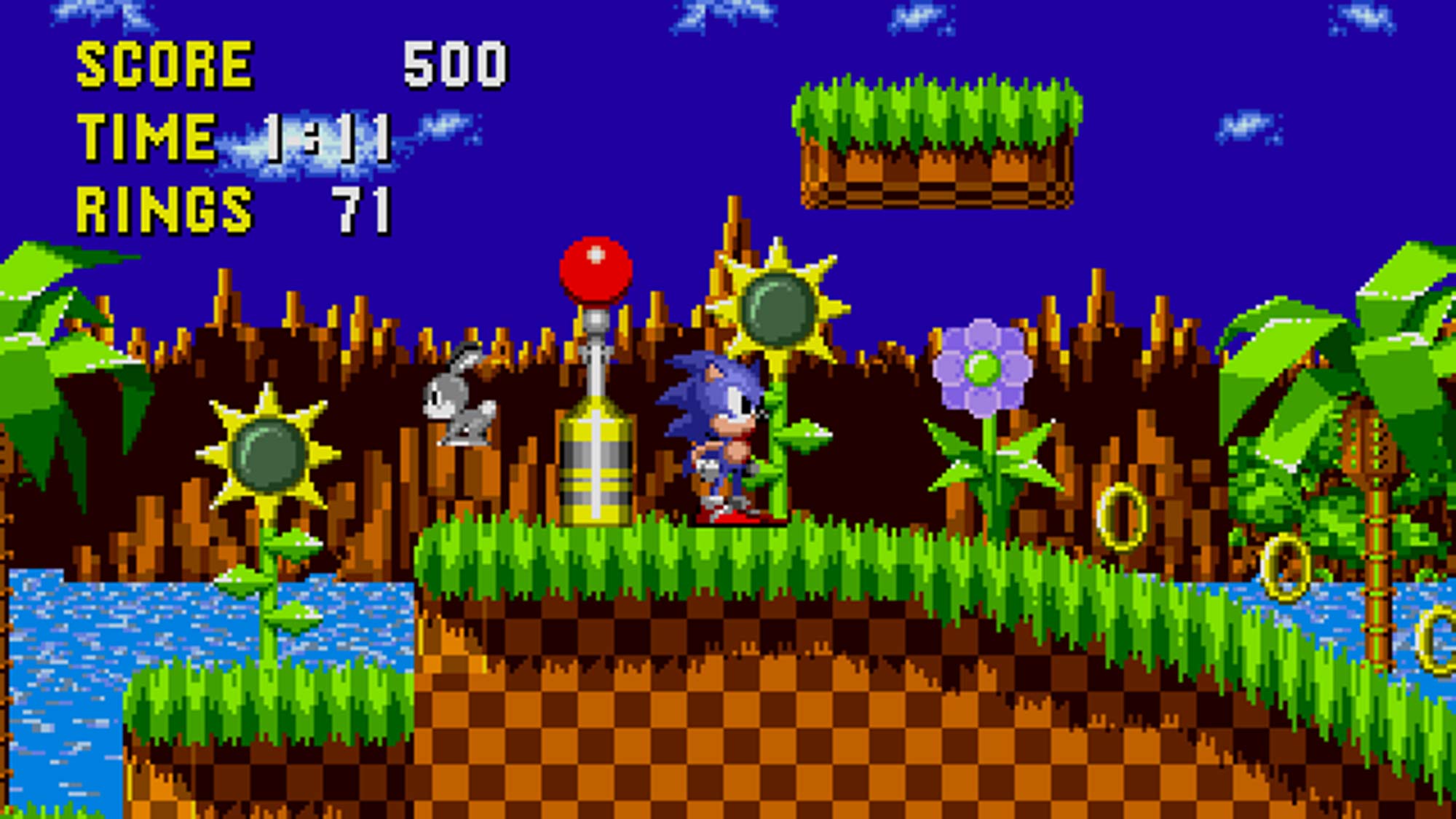
In the 1990s, I begged and begged my parents to buy me a Sega Genesis. The Christmas it finally arrived was legendary – I was allowed to eat turkey while playing Sonic the Hedgehog - but the months afterward grew repetitive as I, like most British 12-year-olds, couldn’t get my hands on the console’s games ($40 each - $80 in today’s money) unless I tried a Bart Simpson-style four-finger discount.
Because shoplifting was never an appealing option, my video game ‘collection’ stalled. As a result, I would spend more time covering the latest releases in my just-about-affordable computing magazines. I longed to own something more than Sonic, a motorbike fighting game and NHL Hockey. Fast forward to 2021, and I now possess not only every Sega game I want (and wanted), and I also have every Nintendo, PC and arcade machine imaginable.
- Best PC games in 2021
- Best gaming laptops in 2021
It sounds like a get-rich-quick infomercial scam, but all these games are actually free. And they can be played without fiddling around with cartridges, TV sets and scart cables as they are all downloadable as ROMs which can be played through an emulator.
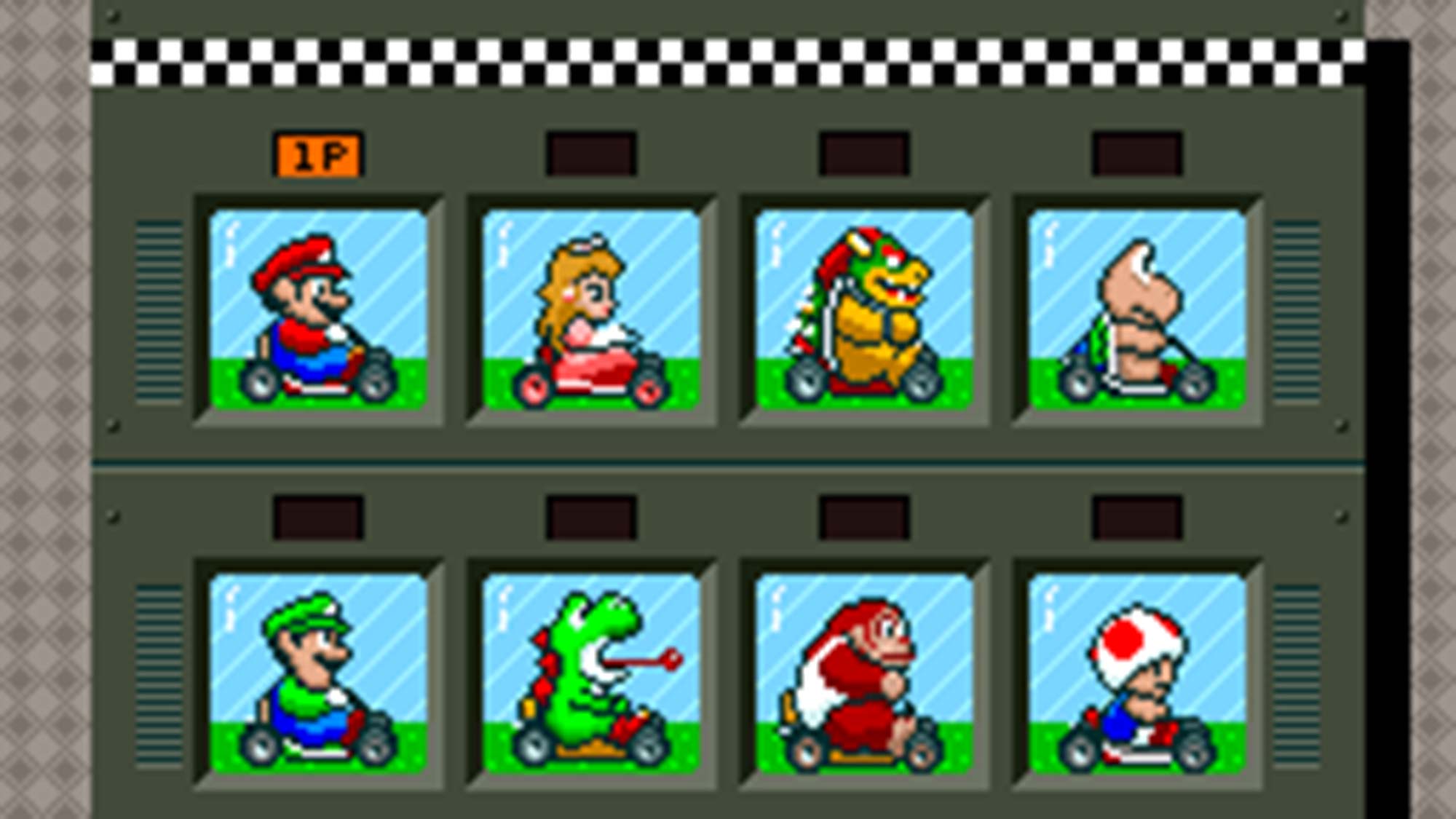
An emulator is a program that allows your laptop (or tablet, I own a Surface Go with Windows 10) to reproduce another computer system – a simple click on my desktop launches KEGA which replicates the Genesis’s operating system. A ROM is a copy of the data that was originally stored on a cartridge or CD. The older the game, in general, the smaller the file size of the ROM and downloading Sonic, for example, is just a few hundred of kilobytes.
The games play better using HD displays and modern chip processor speeds – especially as some older games, like Mario Kart, would become a bit jerky when the action got too hectic. But the best feature of turning your laptop into a retro games machine is that you can plug a new controller into the USB – I use a PS3 joypad – which configures easily and is far more ergonomic, responsive and intuitive to a 30-year-old controller.
You may, like me, dream of owning an actual arcade machine (an original Street Fighter 2 cabinet costs about $3,000) and an apartment large enough to house it. However, running the game through a modern computer is probably even better as you can pause, save and record your game. What’s more, older games are more suited for quick plays and are ideal for small breaks in between work. OK, I’ll admit it, this article was filed late as I was playing Sonic.
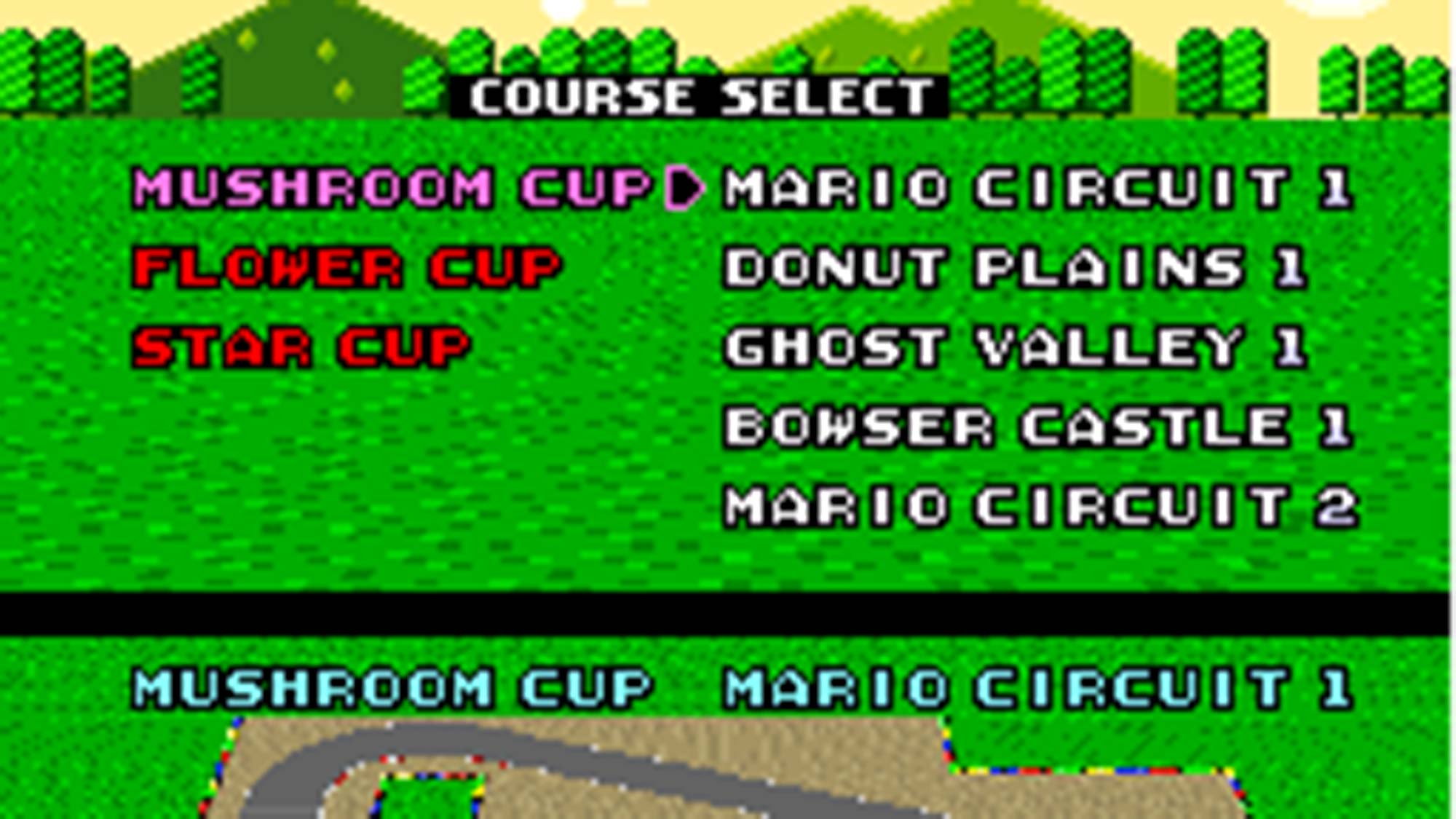
As you can tell my gaming sweet spot is the 90s and I write extensively about this period for publications, such as Retro Gamer, which involves me downloading a lot of pre-2000 titles. However, anyone can download ROMs for more modern machines, such as the PlayStation 2, but the file sizes will be larger (Final Fantasy X is 3.2GB). Emulating anything newer is impossible and not in the ‘spirit’ of retro gaming.
If the spirit were a codified document, then it would state: thou shall not download a game that is still in publication, so owning anything that deprives a copyright holder of some income is a big ‘no-no’. In fact downloading, say, Madden 21 is akin to getting torrents of a new film –– the file size would be huge (I honestly have never done this, but I’m sure it would be massive). But if it’s the only way to play the game – the Genesis (or Mega Drive in the UK) for example wouldn’t work on most people’s TV sets – then there isn’t really a huge legal issue.

That’s not to say it’s totally legal as Derek Bambauer, Professor of Law at the University of Arizona, where he teaches internet law and intellectual property, explains.
“If I download,” he tells me. “Metroid, and I run it on my Surface Pro using an emulator, technically that’s a copyright violation and that’s because of the process of downloading it makes a copy on the Surface Pro. You’ve got a copyrighted game and you’ve made a copy. So that’s infringement.”
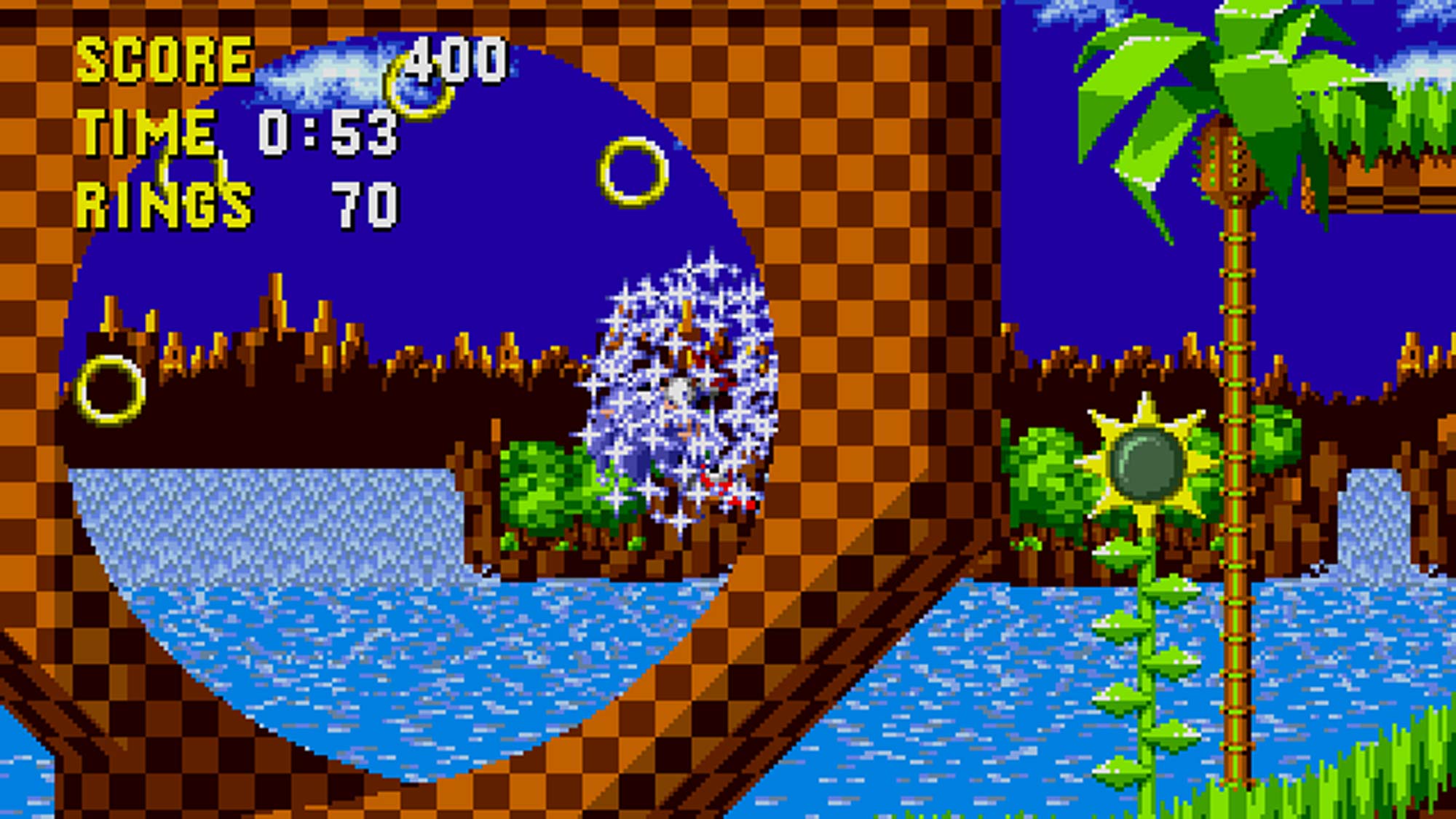
But am I committing shoplifting, something that my 12-year-old self was too cowardly to do? The answer is ‘not really’ as it’s highly unlikely a company, like Nintendo or Sega, would sue an end user like me and I have a fair-use defense that I’m not depriving these firms of revenue.
“If the game is no longer available in the market,” Bambauer adds. “And you can’t get copies of it in the shops. There’s a plausible argument that what a user is doing is fair use: there’s just no financial harm to the copyright owner, especially if they don’t have any intention of releasing [the game] on new platforms or selling anniversary editions to the few people who still have old Nintendo consoles.”
And what about the legality of the emulators themselves? Does the KEGA emulator, which uses the originally Sega logo font, but with one letter change, infringe copyright? Bambauer confirms this is again very low risk to the end user as it’s pretty defendable from a trademark law standpoint.
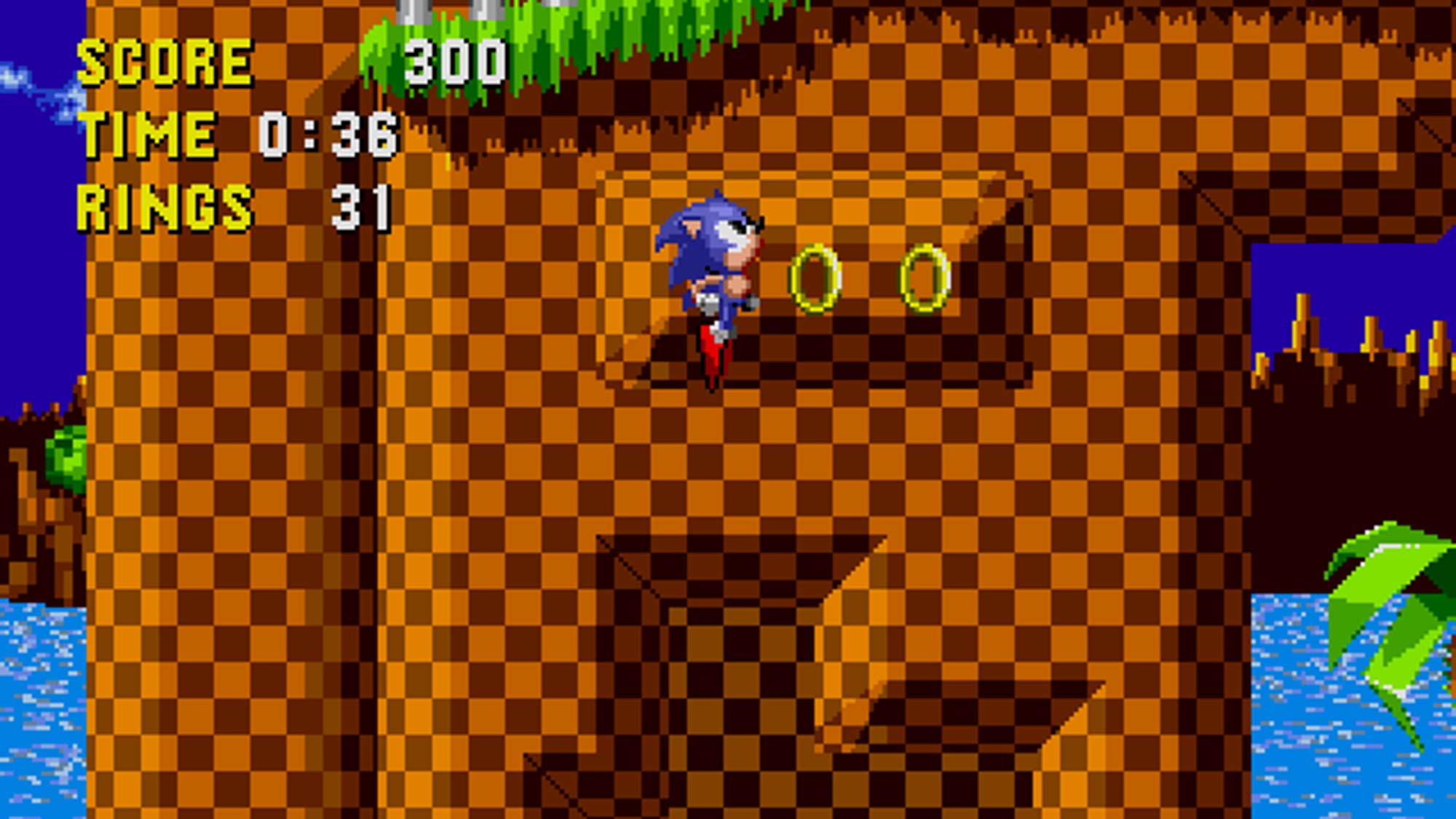
“If you’re the person or company who has put together the emulator then your argument would be this is trademark’s version of fair use: in other words to be able to tell our consumers what kind of games this thing runs: I’ve got to use the name Sega.
“You could describe the company in other ways but it becomes like a party game.”
The worst legal recent action was a few years ago when Nintendo took to the courts to remove a few websites that used its logo and even this small move incurred the wrath of the retro gaming community – well, as much anger as a bunch of nostalgic dads could muster that is.
The outrage also shows how warmly old gamers regard computer firms, such as Nintendo and Sega, and I’m definitely in this category as playing Sonic has helped me through these tough times – the instant 90s hit is just what I need when I’m juggling childcare and work.
So if you don’t mind I’ve got a 10-minute speed date with a blue hedgehog who is obsessed with wedding rings. I think he might be the one.
Stay in the know with Laptop Mag
Get our in-depth reviews, helpful tips, great deals, and the biggest news stories delivered to your inbox.
